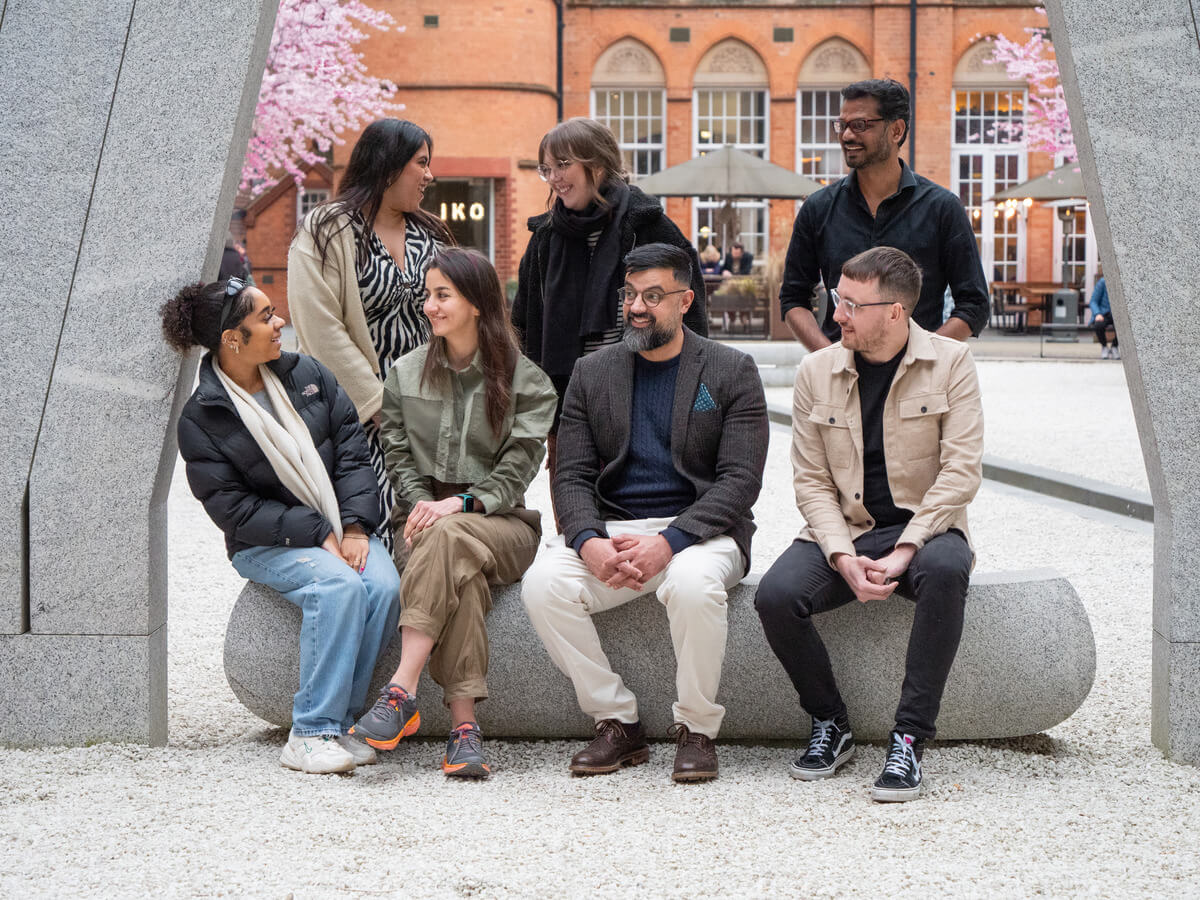The AI Search Revolution: How BERT & MUM are Changing SEO

As a digital strategist with over 20 years of experience, I’ve witnessed the evolution of search firsthand. What started as keyword stuffing and ranking hacks has transformed into an intelligent and user-centric ecosystem where search engines understand intent, context, and even multimedia content.
Google’s AI-driven algorithms, like BERT and MUM, are the driving forces behind this revolution. But what do these changes mean for SEO professionals, content marketers, and business owners? Let’s take a look.
What is BERT?
BERT (Bidirectional Encoder Representations from Transformers) is a major leap forward in how Google processes language. Instead of looking at words in a linear fashion, BERT understands the context of each word in relation to the surrounding words.
With BERT, long-tail queries and conversational searches are much better understood. So, for example, if someone types, “best time to visit Paris for art lovers,” Google now knows exactly what they mean, and will give you a result that answers the actual question, rather than just showing broad and generic results.
SEO implications of BERT:
- Context over keywords:
It’s all about context now. Focus on answering users’ questions, not just hitting keyword targets. - Long-tail searches:
With BERT’s understanding of natural language, those long-tail queries are getting better and more relevant results. - Quality over quantity:
Keyword stuffing is so 2005. High-quality, natural content that answers user intent is what Google now loves.
The key SEO takeaways of BERT are to write for humans and not for bots, and to optimise E-E-A-T (Experience, Expertise, Authority, Trustworthiness). In a nutshell, make sure Google likes your content as much as your users do.
.jpeg)
What is MUM?
If you think BERT is impressive, MUM (Multitask Unified Model) is like the superhero of search algorithms. It’s 1,000 times more powerful than BERT, and can handle text, images, and videos all at once. Think of MUM as Google’s new, more intelligent brain that can understand not just what you ask, but also how you ask it, in multiple languages.
SEO implications of MUM:
- Cross-language search:
Your content can rank globally, even if it’s not in the user’s language. - Multimodal search:
Users can upload images and ask questions. This means it’s time to optimise your visual content ASAP. - Deeper insights:
Google now pulls content from multiple sources to provide richer and more complete answers to users’ questions.
The key SEO takeaways of MUM are to optimise for visual search and answer complex queries with structured content like FAQs or how-to's.

AI-Powered Search Trends: Where Are We Headed?
So, where is all this AI-powered search going? Here’s what we’ve got to look forward to:
Conversational and voice search:
With BERT and MUM improving natural language understanding, voice search is growing - fast. Focus on targeting featured snippets and use schema markup for voice searches.
AI-generated content VS Google’s helpful content update:
Although AI can write a pretty decent blog, Google still prefers content written by humans – especially when it shows expertise. Be sure to only use AI for help, not to replace.
Visual and video search optimisation:
Google Lens and MUM are changing the game for search beyond text. Optimise your images and videos with descriptive alt text and structured data to stay in the game.
Intent-based search:
Google’s focus is now on intent – what users really mean, rather than just the words they type. Use pillar-cluster content to showcase your expertise on topics.

AI is Here: Adapt or Risk Getting Left Behind
The bottom line is SEO is no longer just about ranking. It’s about understanding your audience, their intent, and how AI is evolving to meet their needs. The future of SEO is about adapting to these AI innovations while maintaining that human touch that Google (and your audience) values.
So, ready to step into the future? Embrace AI, focus on trustworthy, experience-driven content, and optimise for multimodal and conversational search to stay ahead of the game.
Get in touch with our team here at Creative Ideaz today for expert insights and SEO strategies to help you navigate this AI-powered world and future-proof your marketing efforts.
More than an agency.
Your digital partner.
Define Your Mission Brief
Assemble Your Delivery Squad
Launch Your Project
Optimise & Scale Delivery




